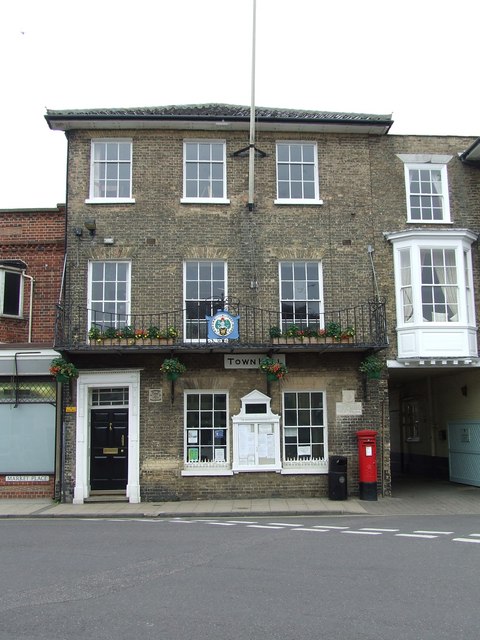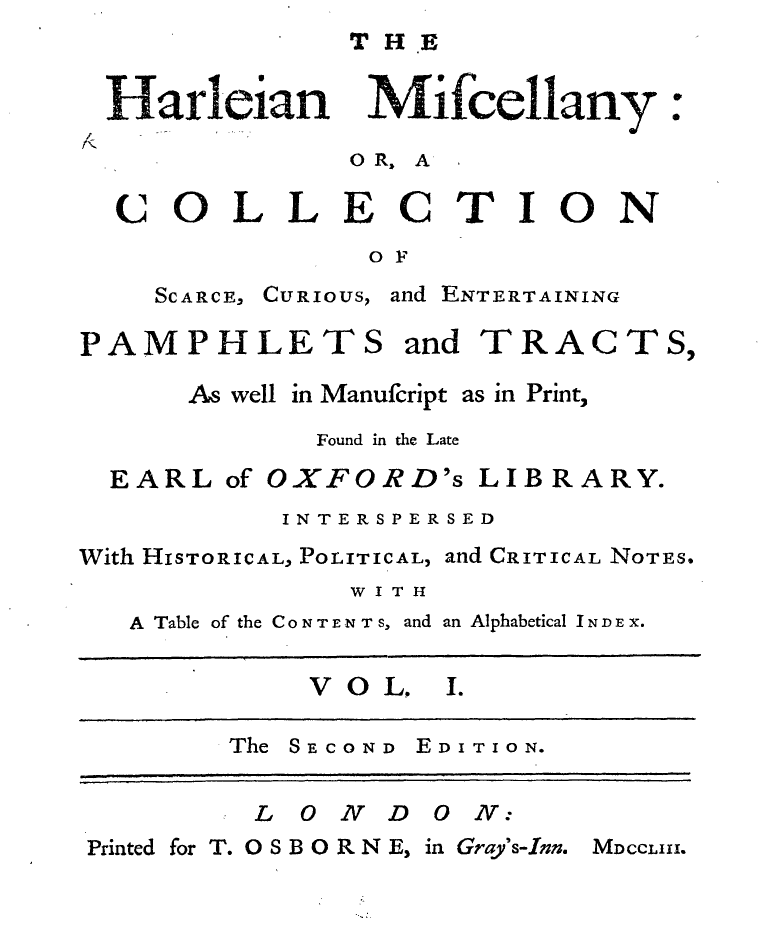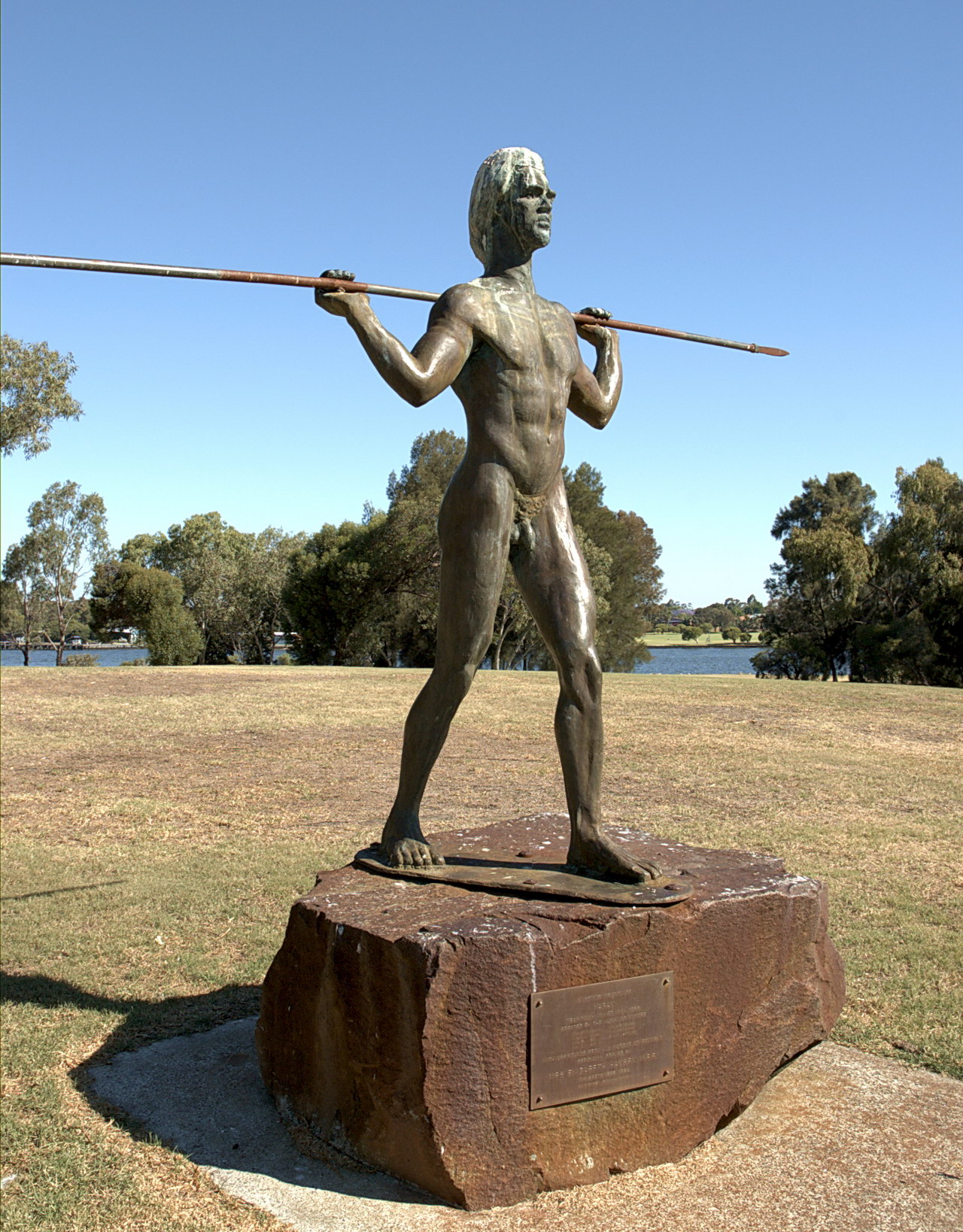|
Tobias Gentleman
Tobias Gentleman ( fl. 1614) was an English mariner and writer, known for his book ''England's way to win wealth'', recommending development of the herring fisheries in England. Life Gentleman was a son of Thomas and Joan Gentleman, of Southwold, in Suffolk, England; Thomas Gentleman's father William was a merchant and shipowner. He wrote that he was "borne a fisherman's sonne by the seashore," and spent his "youthful time about fisher affaires, whereby I am more skilfull in nets, lines, and hookes then in Rethoricke, Logicke, or learned bookes." About 1612 he was consulted by John Keymer, a writer on economics, who was collecting information about the herring fisheries with a view to stimulating their development. Gentleman gave Keymer the benefit of his experience, but, nothing having come of the scheme, Gentleman determined to publish his ideas himself. The result appeared in 1614, published by Nathaniel Butter of London, under the title ''England's way to win wealth, and to ... [...More Info...] [...Related Items...] OR: [Wikipedia] [Google] [Baidu] |
Floruit
''Floruit'' (; abbreviated fl. or occasionally flor.; from Latin for "they flourished") denotes a date or period during which a person was known to have been alive or active. In English, the unabbreviated word may also be used as a noun indicating the time when someone flourished. Etymology and use la, flōruit is the third-person singular perfect active indicative of the Latin verb ', ' "to bloom, flower, or flourish", from the noun ', ', "flower". Broadly, the term is employed in reference to the peak of activity for a person or movement. More specifically, it often is used in genealogy and historical writing when a person's birth or death dates are unknown, but some other evidence exists that indicates when they were alive. For example, if there are wills attested by John Jones in 1204, and 1229, and a record of his marriage in 1197, a record concerning him might be written as "John Jones (fl. 1197–1229)". The term is often used in art history when dating the career ... [...More Info...] [...Related Items...] OR: [Wikipedia] [Google] [Baidu] |
Herring Fishery
Herring are forage fish, mostly belonging to the family of Clupeidae. Herring often move in large schools around fishing banks and near the coast, found particularly in shallow, temperate waters of the North Pacific and North Atlantic Oceans, including the Baltic Sea, as well as off the west coast of South America. Three species of ''Clupea'' (the type genus of the herring family Clupeidae) are recognised, and comprise about 90% of all herrings captured in fisheries. The most abundant of these species is the Atlantic herring, which comprises over half of all herring capture. Fish called herring are also found in the Arabian Sea, Indian Ocean, and Bay of Bengal. Herring played an important role in the history of marine fisheries in Europe, and early in the 20th century, their study was fundamental to the development of fisheries science. These oily fish also have a long history as an important food fish, and are often salted, smoked, or pickled. Herring are also known as "sil ... [...More Info...] [...Related Items...] OR: [Wikipedia] [Google] [Baidu] |
Southwold
Southwold is a seaside town and civil parish on the English North Sea coast in the East Suffolk district of Suffolk. It lies at the mouth of the River Blyth within the Suffolk Coast and Heaths Area of Outstanding Natural Beauty. The town is about south of Lowestoft, north-east of Ipswich and north-east of London, within the parliamentary constituency of Suffolk Coastal. The "All Usual Residents" 2011 Census figure gives a total of 1,098 persons for the town. The 2012 Housing Report by the Southwold and Reydon Society concluded that 49 per cent of the dwellings are used as second homes or let to holiday-makers. History Southwold was mentioned in ''Domesday Book'' (1086) as a fishing port, and after the "capricious River Blyth withdrew from Dunwich in 1328, bringing trade to Southwold in the 15th century", it received its town charter from Henry VII in 1489. The grant of the charter is marked by the annual Trinity Fair, when it is read out by the Town Clerk. Over following ... [...More Info...] [...Related Items...] OR: [Wikipedia] [Google] [Baidu] |
Nathaniel Butter
Nathaniel Butter (died 22 February 1664) was a London publisher of the early 17th century. The publisher of the first edition of Shakespeare's ''King Lear'' in 1608, he has also been regarded as one of the first publishers of a newspaper in English. Beginnings Nathaniel Butter was the son of a Thomas Butter, a bookseller; the son followed the father's profession. Nathaniel became a "freeman" (a full member) of the Stationers Company on 20 February 1604, and registered his first title before the end of that year. In his career, Butter concentrated on bookselling and publishing; as was a common practice in his era, he commissioned printers to print his books, and worked with most of the printers of his generation. Drama ''King Lear'' was entered into the Stationers' Register on 26 November 1607, by Butter and colleague John Busby. The first quarto edition of the play was published the following year, printed by Nicholas Okes, with Butter listed as publisher. Busby appears to have ... [...More Info...] [...Related Items...] OR: [Wikipedia] [Google] [Baidu] |
Henry Howard, 1st Earl Of Northampton
Henry Howard, Earl of Northampton, KG (25 February 154015 June 1614), was an important English aristocrat and courtier. He was suspect as a crypto-Catholic throughout his life, and went through periods of royal disfavour, in which his reputation suffered greatly. He was distinguished for learning, artistic culture and his public charities. He built Northumberland House in London and superintended the construction of the fine house of Audley End. He founded and planned several hospitals. Francis Bacon included three of his sayings in his ''Apophthegms'', and chose him as "the learnedest councillor in the kingdom to present to the king his ''Advancement of Learning''." After his death, it was discovered that he had been involved in the murder of Sir Thomas Overbury. Early life He was born at Shottesham, Norfolk, on 25 February 1540, the second son of Henry Howard, Earl of Surrey, the poet, and of his wife, the former Lady Frances de Vere, daughter of the 15th Earl of Oxfor ... [...More Info...] [...Related Items...] OR: [Wikipedia] [Google] [Baidu] |
The Harleian Miscellany
''The Harleian Miscellany'' is a collection of material from the library of the Earl of Oxford and Earl Mortimer collated and edited by Samuel Johnson and William Oldys between 1744 and 1753 on behalf of the publisher Thomas Osborne. Its subtitle was A Collection of Scarce, Curious, And Entertaining Pamphlets And Tracts, as well In Manuscript As In Print, Found In The Late Earl Of Oxford's Library, Interspersed With Historical, Political, And Critical Notes. Provenance The "late Earl of Oxford" whose library was the source of the texts could refer either to Robert Harley, 1st Earl of Oxford and Earl Mortimer (died 1724), or to his son, Edward Harley, 2nd Earl of Oxford and Earl Mortimer (died 1741). A passage at the beginning of the first volume emphasizes the role of Robert Harley, the first earl, in the creation of the library: There can be no Objection against the Prefixing the reasons for Creating the Right Honorable Robert Harley, Esq., a Peer of Great-Britain, and Earl of ... [...More Info...] [...Related Items...] OR: [Wikipedia] [Google] [Baidu] |
Hitchcock, Robert (fl
Robert Charles Hitchcock (born 18 August 1944) is an Australian sculptor. He commenced his career in 1970 and works in a wide variety of subjects and materials. Hitchcock is one of the leading portrait sculptors currently working in Australia today. He is known for his life size (and super life size) bronze sculptures which are located in private collections as well as public works of art in Australia and overseas. Early life Hitchcock was born in Perth, Western Australia. He is of Irish and indigenous Australian descent. In his youth he worked as a carpenter and entered formal study in his early twenties at the Art Department of the Perth Tech College. Whilst he initially wanting to study fine painting in fine art, due to impaired vision (from an accident as a child) he had difficulty in seeing and mixing colours and realised that he had more of an affinity with three-dimensional art. The early sculptures of Hitchcock were exploratory in nature and diverse in technique and ... [...More Info...] [...Related Items...] OR: [Wikipedia] [Google] [Baidu] |
Thomas Mun
Sir Thomas Mun (17 June 157121 July 1641) was an English writer on economics and is often referred to as the last of the early mercantilists. Most notably, he is known for serving as the director of the East India Company. Due to his strong belief in the state and his prior experience as a merchant, Mun took on a prominent role during the economic depression which began in 1620. To defend the East India Company and to regain England's economic stability, Mun published ''A Discourse of Trade from England unto the East-Indies.'' Through mercantilist principles, Mun created a proposed set of "means to enrich a kingdom" which centred on ensuring that exports exceeded imports. In other words, Mun advocated for achieving a positive balance of trade which would cause England's wealth to steadily increase. Thomas Mun is also widely considered to be a sophisticated thinker and has become a hugely important part of the history of economic theory. Life and background Thomas Mun was bo ... [...More Info...] [...Related Items...] OR: [Wikipedia] [Google] [Baidu] |
Gerard De Malynes
Gerard de Malynes (fl. 1585–1627) was an independent merchant in foreign trade, an English commissioner in the Spanish Netherlands, a government advisor on trade matters, assay master of the mint, and commissioner of mint affairs. His dates of birth and death are unknown. Life Malynes stated that his ancestors were from Lancashire. His father, a mint-master, may have emigrated about 1552 to Antwerp, where Gerard was born, and returned to England at the time of the restoration of the currency (1561), when Elizabeth obtained the assistance of skilled workmen from Flanders. Malynes showed how an outflow of precious metals could lead to a fall in prices for goods at home and a rise in prices abroad. This was an important clarification of the economic thought of the time. He suggested that higher import tariffs should be levied and exports of bullion prohibited, because he believed that a country's growth was related to the accumulation of precious metals.'The Penguin Dictionary of Ec ... [...More Info...] [...Related Items...] OR: [Wikipedia] [Google] [Baidu] |
People From Southwold
A person ( : people) is a being that has certain capacities or attributes such as reason, morality, consciousness or self-consciousness, and being a part of a culturally established form of social relations such as kinship, ownership of property, or legal responsibility. The defining features of personhood and, consequently, what makes a person count as a person, differ widely among cultures and contexts. In addition to the question of personhood, of what makes a being count as a person to begin with, there are further questions about personal identity and self: both about what makes any particular person that particular person instead of another, and about what makes a person at one time the same person as they were or will be at another time despite any intervening changes. The plural form "people" is often used to refer to an entire nation or ethnic group (as in "a people"), and this was the original meaning of the word; it subsequently acquired its use as a plural form of ... [...More Info...] [...Related Items...] OR: [Wikipedia] [Google] [Baidu] |




_1938.jpg)